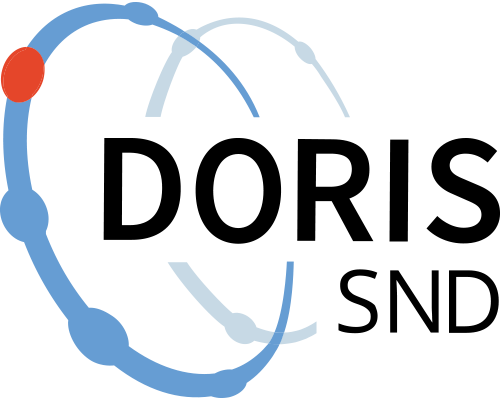Women and Alcohol in Gothenburg (WAG): Interviews
The study Women and Alcohol in Gothenburg (WAG) is a longitudinal study that started in 1986.
WAG has data from four interview waves, 1989-1992, 1994-1998, 2000-2002, and 2013-14. The first three waves comprise data from 2421 interviews, including 1432 baseline interviews and 989 follow-up interviews. At the first data collection, 399 women participated in a personal interview, representing a response rate of 83%. The oldest women in the project were born in 1925, and the youngest in 1993.
WAG is designed as a two stage study. In the first step, specific female birth cohorts included in the study population for the first time and registered in central and western districts of Gothenburg, received a 13-item alcohol problem screening questionnaire called Women Screening and Alcohol (SWAG). In the second step, women were selected for a structured interview by stratified sampling according to their scores in the SWAG questionnaire. This two-step way enables the group of women with alcohol problems to be greater than in a random sampling.
Each wave of data collection consist of baseline interviews birth cohorts included for the first time, as well as follow-up interviews with earlier baseline cohorts.
The structured interview questionnaire mainly comprises issues of alcohol habits and mental health, including psychiatric disorders. The questionnaire further covers topics such as women’s working life and family situation, socioeconomic background factors, legal and illegal drug use, past experience from childhood and adolescence and sexual abuse and physical violence during child- and adulthood. Psychiatric diagnoses have been established by clinician interviewers according to the International Classification of Disease (ICD), DSM-III-R and DSM-IV. In the third data collection between 2000 and 2002, the instrument called International Neuropsychiatric Interview (M.I.N.I) was included in the questionnaire and used for diagnostic purpose.
Purpose:
The primary aim of the project is to follow the development of drinking habits and alcohol problems, to examine the motives women have to drink alcohol, to study the negative consequences of alcohol and to study the relationship between alcohol problems, mental health disorders, anxiety and depression.
Contact for data - Gunnel Hensing
Opens in a new tabgunnel.hensing@socmed.gu.se
Citation and access
Citation and access
Data access level:
Creator/Principal investigator(s):
- Gunnel Hensing - University of Gothenburg - Department of Public Health and Community Medicine
- Fredrik Spak - University of Gothenburg - Department of Public Health and Community Medicine
Research principal:
Data contains personal data:
No
